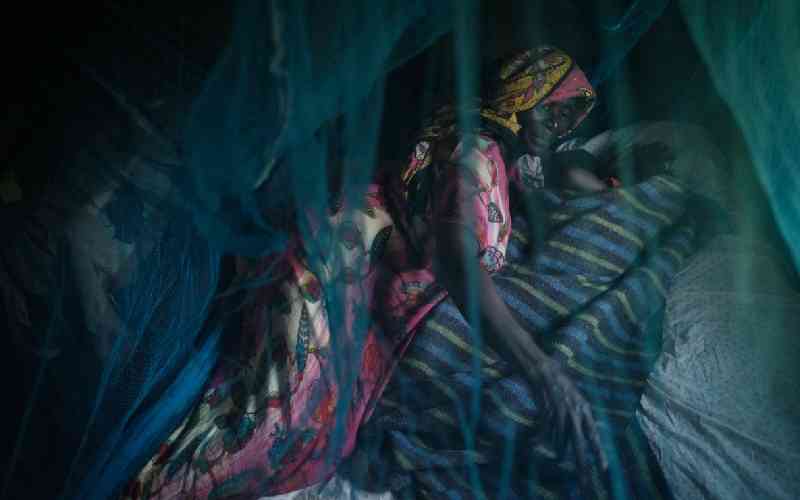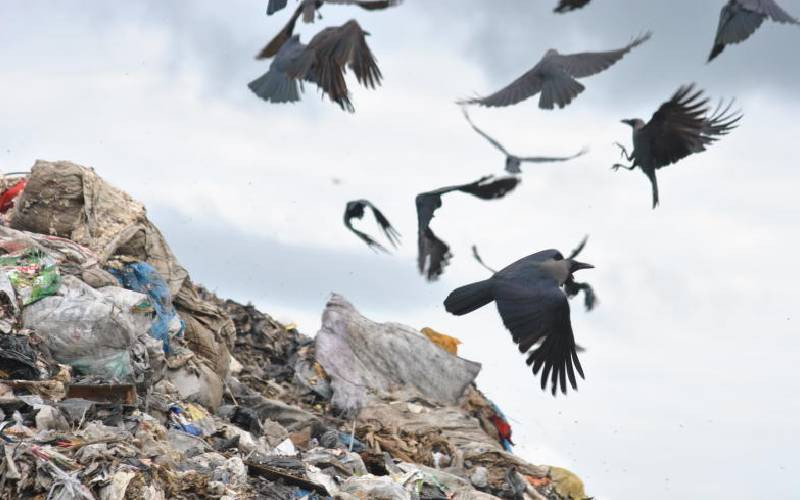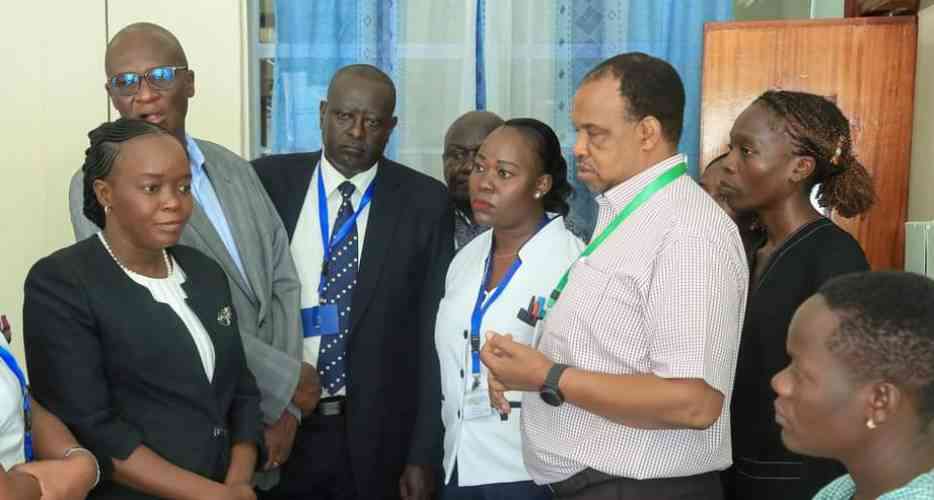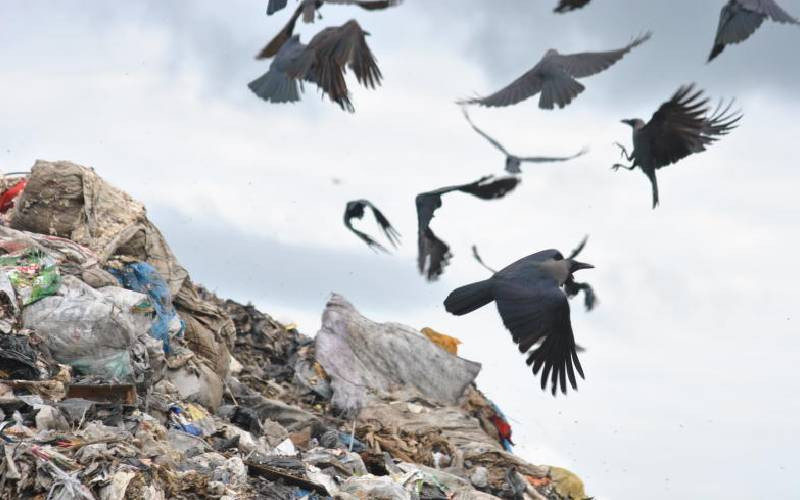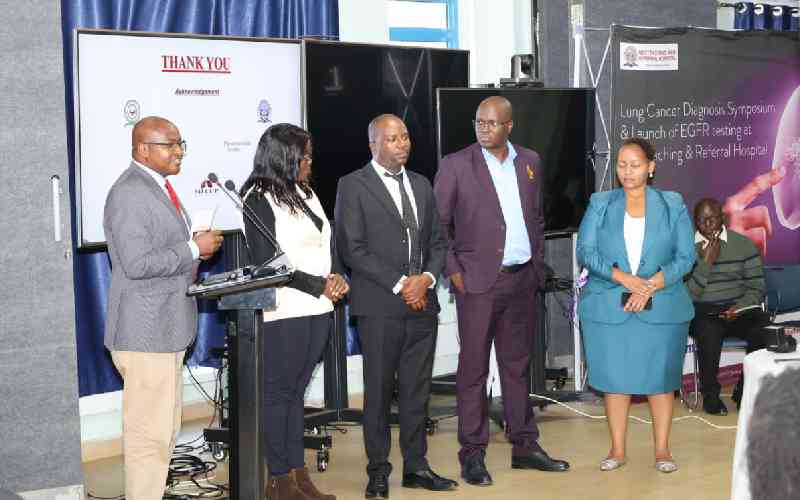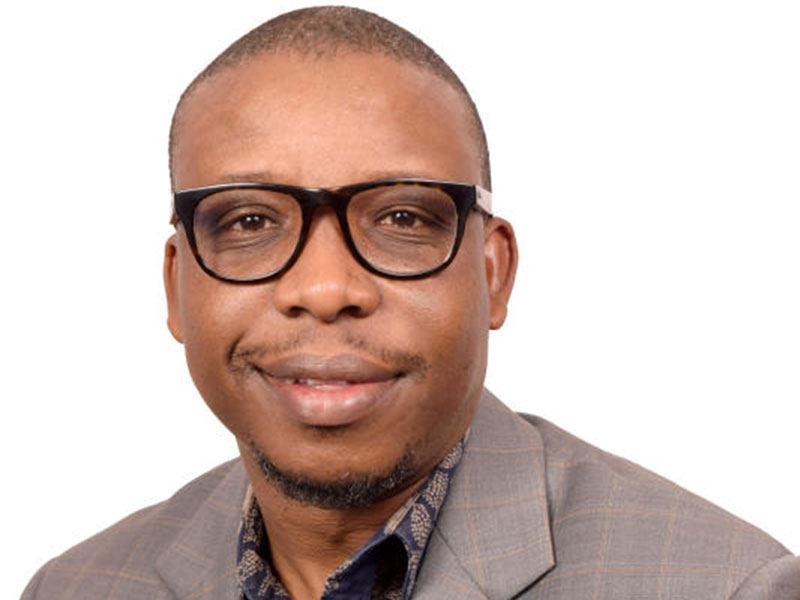
Recently, medical laboratory services provider Lancet Laboratories, with a presence in Kenya and 14 other African countries, announced a joint venture (JV) with European multinational Cerba HealthCare that will now have a majority shareholding. Financial Standard sought more insights into the deal from Dr Ahmed Kalebi, the founding partner and Group CEO Lancet Group of Labs.
For those who missed the announcement, what’s the joint venture all about?
Well, the Lancet Group of Laboratories, with headquarters in South Africa and presence across Africa together Cerba HealthCare, a European leader in medical lab services headquartered in France, have formed Cerba-Lancet Africa, a joint venture that now owns and manages more than 100 laboratories across 11 countries outside South Africa that were previously owned by Lancet. Cerba HealthCare owns 51 per cent of the joint venture while Lancet owns the rest.
How does the venture affect ownership of the Lancet Laboratories in Kenya specifically?
Lancet Kenya shareholding is composed of the Lancet parent company in South Africa and myself as the founding partner and local shareholder. The shares of the parent company have been transferred to the joint venture while my shareholding has remained unchanged - leaving me as the largest single shareholder. Lancet’s brand names in Kenya will also remain unchanged thus we will continue operating as Pathologists Lancet Kenya - being part of Cerba-Lancet Africa group. The same applies to Uganda, Tanzania, and Rwanda which are all subsidiaries of Lancet Kenya under me.
What does the JV mean for your operations on the ground?
Lancet and Cerba Healthcare are both leaders in Africa and Europe respectively. By combining our unique strengths and pooling our human and financial resources, we are in a better position to support health professionals, patients and the health sector in Kenya and across Africa to enhance evidence-based healthcare that accurately diagnoses and manages illnesses and tackles public health challenges. We’ll also have more investments – both financial and technical to enhance operations across the Kenya and Africa as we leverage on the North-South synergies created by the JV. Cerba HealthCare’s extensive experience of operating as a global corporate business brings on board a fresh impetus to the JV with efficiencies, which together with their significant financial muscle, will enhance our operations, strengthen our reach and diversify our service offerings across Kenya and Africa region.
This is not the first time Lancet has received the bid for the joint venture, buyout or merger. What made you agree to Cerba?
Yes indeed. We have received numerous offers for over the last four to five years from various international private equity firms and venture capitalists seeking to invest in Lancet Kenya, but my board of directors has always had a clear-eyed view that we are not in need of just investors’ money but we would consider valid strategic partnerships for growth and enhancement. When Cerba Healthcare looked to expand in Africa, it was a natural fit that brought us together. Lancet and Cerba have also been working together for over 20 years to run clinical trials in Africa through a Johannesburg-based company we co-own called Barc RSA. So, it just a matter of taking our productive partnership to the next level. We also noted good synergies that would be created through the joint venture in terms of medical expertise, knowledge in the respective areas of our operations and human and financial resources. For instance, Lancet has a good operating knowledge of Anglophone Africa while Cerba HealthCare understands Francophone Africa well since it has been providing services to health professionals there for over 30 years from its facilities in Europe.
Will the existing Lancet laboratories be restructured?
Lancet laboratories are outstanding. We are going to pool our expertise, experience, and knowledge of different regions with Cerba HealthCare to provide relevant and efficient services in each country.
Which nations do the JV cover?
Kenya together with the subsidiaries in Uganda, Tanzania, and Rwanda; Botswana, Ghana, Mozambique, Nigeria, Swaziland Zambia and Zimbabwe – 11 countries in all.
 The Standard Group Plc is a multi-media organization with investments in media platforms spanning newspaper print
operations, television, radio broadcasting, digital and online services. The Standard Group is recognized as a
leading multi-media house in Kenya with a key influence in matters of national and international interest.
The Standard Group Plc is a multi-media organization with investments in media platforms spanning newspaper print
operations, television, radio broadcasting, digital and online services. The Standard Group is recognized as a
leading multi-media house in Kenya with a key influence in matters of national and international interest.


